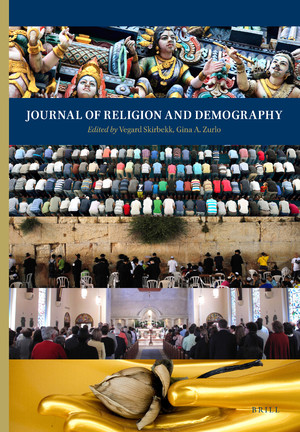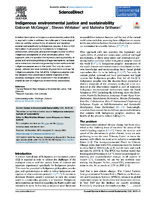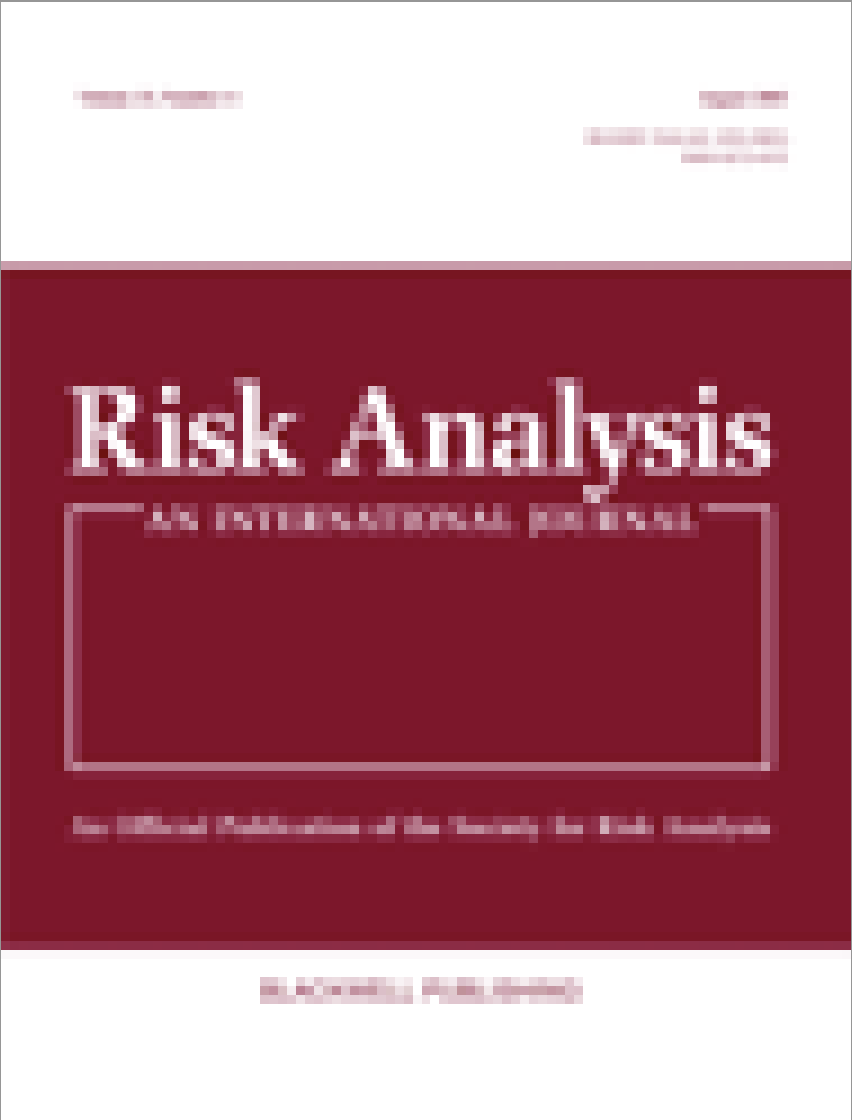Search
7 items
-
The World on Fire: A Buddhist Response to the Environmental Crisis
The World on Fire: A Buddhist Response to the Environmental Crisis by Katie Javanaud explores how Buddhist teachings can inspire environmental activism. Javanaud examines key Buddhist sermons, such as the "Fire Sermon," which metaphorically portrays the world consumed by the flames of greed, hatred, and delusion, resonating deeply with contemporary environmental challenges.
Greed is identified as a driving force behind the environmental crisis, fueling overconsumption and disregard for ecological balance. Javanaud illustrates how Buddhist principles offer insights to counteract societal norms of materialism and promote mindful living.
The article addresses common objections to applying Buddhist teachings to environmentalism, providing valuable perspectives for those interested in integrating spirituality with environmental activism. This article serves as a concise introduction to Buddhist environmentalism, offering clarity on the compatibility of Buddhist values with ecological stewardship. -
Towards a Psychology of Religion and the Environment
This article discusses how religion is a powerful tool that can be utilized in promoting environmentalism. While religious text can be utilized both for and against environmentalism, religion more often than not helps to promote protection of the environment according to their findings. -
Resources for Preaching & Speaking on Climate Change
The resource gives information for preachers and other religious figures to use when talking about climate change. It starts by giving reasons for preaching about climate change and why it is important for us now and in the future. It also gives facts from scientists on the climate which mentions the aspects of climate change such as the causes and effects on the environment, and what humans can do to help. The article then gives biblical themes related to climate change and also gives advice for religious leaders to overcome possible barriers when preaching. -
What Karl Marx has to say about today's environmental problems
Ted Benton, a Professor of Sociology at the University of Essex, writes about how Marx's theories can be applied to modern environmental issues such as climate change. He talks about how Marx's ideas about capitalism relate to current exploitation of nature, and specifically about soil degradation which was an issue during the 1860s when Marx was alive. He also includes problematic parts of Marx's attitudes towards nature, such as his praise of increased productivity of land that may have inspired Stalin. -
Religious Affiliation and Environmental Challenges in the 21st Century
"As the impacts of climatic change increase, the share of the world population with a religious affiliation is expected to rise (from 84% in 2010 to 87% by 2050). Religion is important for climate change relevant behaviours, including fertility choices or whether one sees climatic change as due to human action or related to forces beyond human control. We conduct exploratory and descriptive statistical analyses to better understand the associations among religion, on the one hand, and economic development, greenhouse gas emissions, exposure to environmental stressors, and attitudes, beliefs and environmental performance, on the other. We show that countries with lower shares that are religious tend to have more emissions, to be better prepared for environmental challenges and have low or negative population growth. Countries with a greater proportion of religiously affiliated tend to have higher population growth, face more environmental risks and to be less prepared for those risks. Identifying groups that disproportionally cause or are exposed to environmental risks represents an issue of environmental justice. Understanding the religious composition of the world along with environmental changes can further help identify which environmental policies that could be more effective." -
Indigenous environmental justice and sustainability
Current Opinion in Environmental Sustainability
Volume 43, April 2020, Pages 35-40 -
Perception of Environmental Hazards in Hong Kong Chinese
Perception of Environmental Hazards in Hong Kong Chinese gives a wide variety of types of information. The article describes many of the major environmental risks that are happening in Hong Kong. Along with the description, it gives very detailed statistics of what major environmental issues are perceived by citizens in Hong Kong. It ranks the importance of these issues based on categories of the issues and of the citizens.
This article also provides a connection of these issues to the values of the Hong Kong citizens' culture, especially focusing on the impact of Confucianism. It goes into depth on how the religion molds their perception of the environment, and humans role and impact on it. There is a focus on how they perceive humanity's role in the world, and how it relates to sustainability, and specific risks that they perceive.







